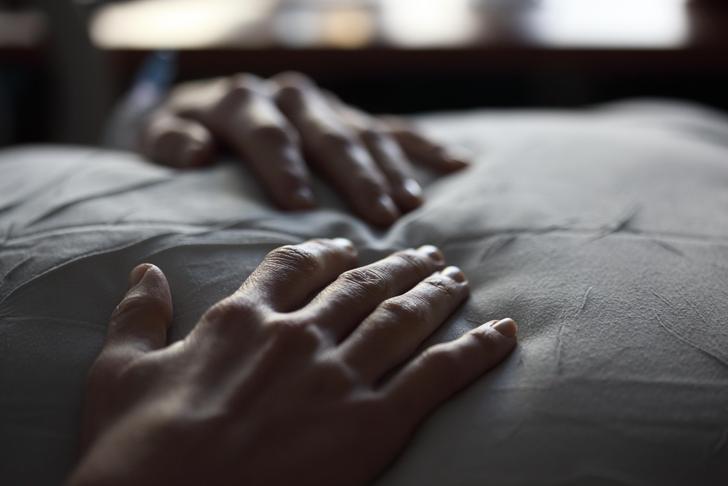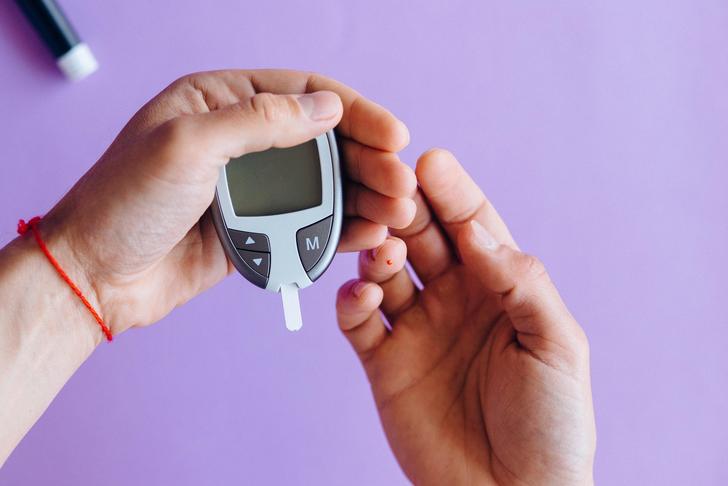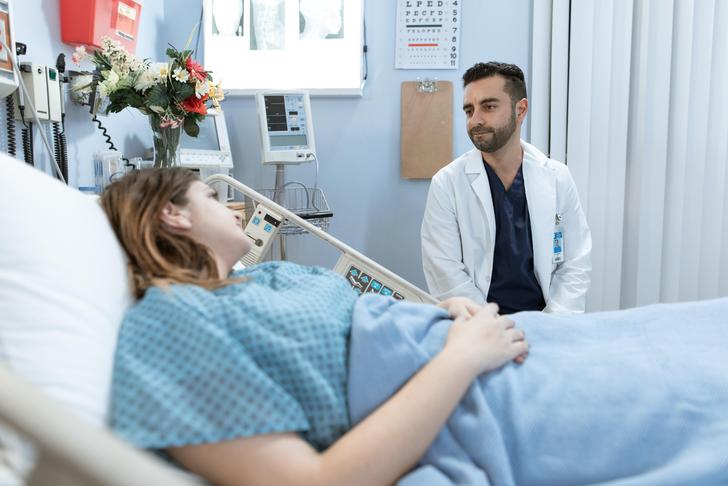10 gastroparesis symptoms
 Article Sources
Article SourcesGastroparesis is a gastrointestinal disorder characterized by delayed stomach emptying unrelated to a physical blockage.[[1]] A digestive system affected by gastroparesis fails to contract normally. The result is ingested food that sits in the stomach, small intestines, and/or large intestines for longer than is typical. This type of abnormal digestion can cause a number of problems, ranging from malnutrition to chronic pain. Treatment options vary depending on the severity of the condition and whether there’s an underlying cause, such as diabetes or a bacterial or viral infection. Here’s a look at the main symptoms associated with gastroparesis.
Feeling Full Quickly After Eating
One of the main symptoms of gastroparesis is a feeling of fullness that occurs quickly after the individual starts eating. This feeling happens much faster than normal, with the stomach feeling uncomfortably full after small portions of food.[[2]] While a healthy person may be able to eat a three-course meal before satiating hunger, someone with gastroparesis may only be able to consume an appetizer before being too uncomfortable to continue.

Advertisement
Nausea and Vomiting
Because gastroparesis affects peristalsis (the involuntary, wave-like muscle contractions that drive typical human digestion), food may become caught in the digestive system.[[3]] Food that sits in the stomach or lower in the digestive tract without being properly processed can cause stomach upset.[[4]] In some cases, it can even ferment, leading to bacterial growth and serious infections. People with gastroparesis who experience vomiting may throw up bits or even whole pieces of undigested food.

Advertisement
Heartburn and/or Reflux
Gastroesophageal reflux occurs when stomach acid flows upward into the esophagus and, sometimes, even into the mouth.[[5]] Commonly referred to as acid reflux or heartburn, gastroesophageal reflux presents as a burning sensation often accompanied by a sour, acidic taste. Reflux in gastroparesis patients may occur more often with fiber-rich or fatty foods that are more difficult to digest. It’s also more common whenever food is consumed and left sitting, increasing stomach volume and pressure.[[6]]

Advertisement
Abdominal Bloating
Excess food that sits in the digestive system adds stress and pressure to areas of the body that usually see food simply passing through. That can cause bloating that’s both uncomfortable and easily visible. Expert recommendations for alleviating this symptom of gastroparesis include eating smaller meals, avoiding high-fiber foods, incorporating more soups and purees, avoiding carbonated drinks, and not lying down for at least 2 hours after eating.[[7]]

Advertisement
Chronic Abdominal Pain
One study found that as many as 90% of gastroparesis patients reported pain in the upper or mid-center abdominal regions.[[8]] This pain was described as a sickening or cramping and appeared to be felt more often by women with gastroparesis than men. Some 34% of patients in the same study said this abdominal pain rated as severe or very severe — enough to interfere with overall quality of life.

Advertisement
Poor Appetite
Gastroparesis patients often experience early satiety, meaning they tend to feel full quickly when eating. This may cause individuals to eat far less overall and experience fewer hunger cues. Consuming small meals more frequently can help alleviate that overly full feeling. It can also be helpful to chew food thoroughly and drink water separately from meals, so the stomach isn’t trying to accommodate food and beverages at the same time.[[7]]

Advertisement
Weight Changes
Small meals consumed infrequently could mean an overall lower caloric intake in comparison to the typical daily diet. The combination of early satiety, abdominal pain, and bloating can make eating seem quite unappetizing, leading to long-term weight loss. Interestingly, studies show that patients with gastroparesis can also gain weight as a result of the condition. Researchers believe this weight gain could be linked to the use of certain medications, as well as the presence of inflammation caused by chronic gastric distress.[[9]]

Advertisement
Malnutrition
Malnutrition could be a sign of gastroparesis for several reasons. Malnutrition may occur because food sits in one area of the digestive system, preventing normal absorption. It’s also possible for gastroparesis patients to become malnourished due to dietary changes made to avoid other gastroparesis symptoms, such as pain and bloating. For example, avoiding fibrous fruits and vegetables and fatty foods could mean missing out on certain essential nutrients.[[7]]

Advertisement
Blood Sugar Issues
Diabetes is one underlying condition associated with gastroparesis, and when these conditions occur at the same time, blood sugar issues may be the underlying cause for both. Persistent high blood sugar can damage the nerves responsible for peristalsis, causing muscles to lag or cease working altogether.[[10]] Because blood sugar woes can also increase the likelihood of other complications, such as vision issues and infections, it’s important to address the problem quickly.

Advertisement
Bezoars
A bezoar is a solid mass of food and other undigestible debris that builds up in the stomach, ultimately causing a blockage that interrupts digestion.[[11]] Gastroparesis and the associated delayed gastric emptying is one possible cause of a bezoar, which typically causes an increase in symptoms such as nausea, vomiting, abdominal pain, and weight loss. It’s important to take bezoars seriously. Those large enough to cause a full blockage can cause life-threatening complications and may require surgical intervention.[[12]]

Advertisement





